Is there an organic fix for knockout roses covered with holes?
Related Discussions
GNATS - How to get rid of them?
Somehow my house and garden got tiny gnats that killed my fuchsia plant and fly everywhere. I have tried ALL the Web recommendations - soap and oil dishes, sand in th... See more
Marigolds growing! Should I pinch the buds?
My marigold plants are growing. I heard that pinching the buds until Autumn will allow them to grow without killing the plant. Is this true?
Growing garlic
Growing our first garlic, should we wait until the leaves are drying out before we pick it? Husband picked first one today along with our first potatoes.
How to keep mice out of your garden?
Hi everyone, I have mice in my garden destroying my vegetables and I have also noticed them in the barn and shed. Please can someone tell me how to prevent them from ... See more
What's the best flower/plant to grow in Texas?
I know that opinions vary, but what's your opinion?!I have great luck w Rosemary plants. Green all year long.
Can someone tell me what kind of animal this was in my yard?
I thought maybe a rabbit was burrowing in my yard, but it's almost dead center of my lawn (not a very smart rabbit). The hole is not very deep, and I replanted it onc... See more
Is Creeping Charlie in your lawn a good thing or a bad thing?
Is there a sure-fire way to get rid of Creeping Charley?
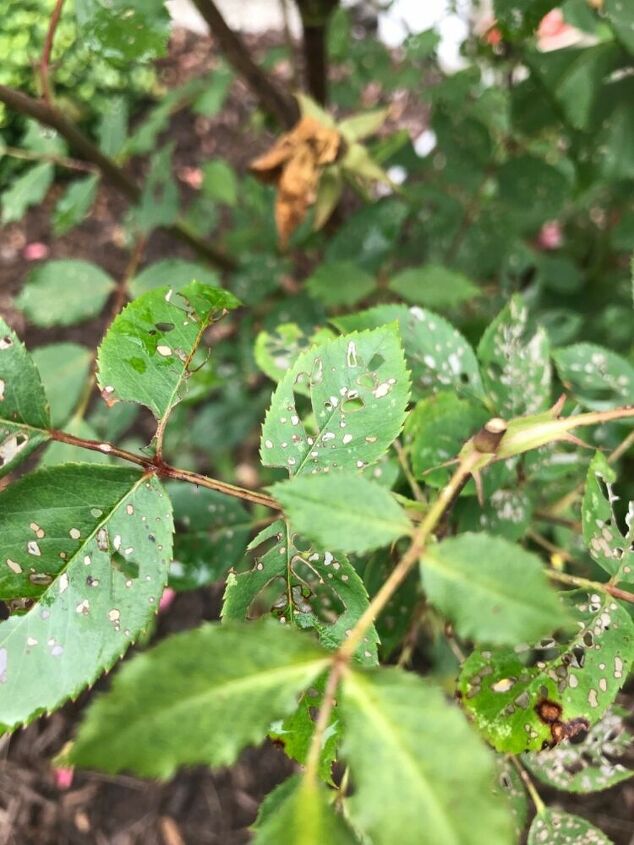
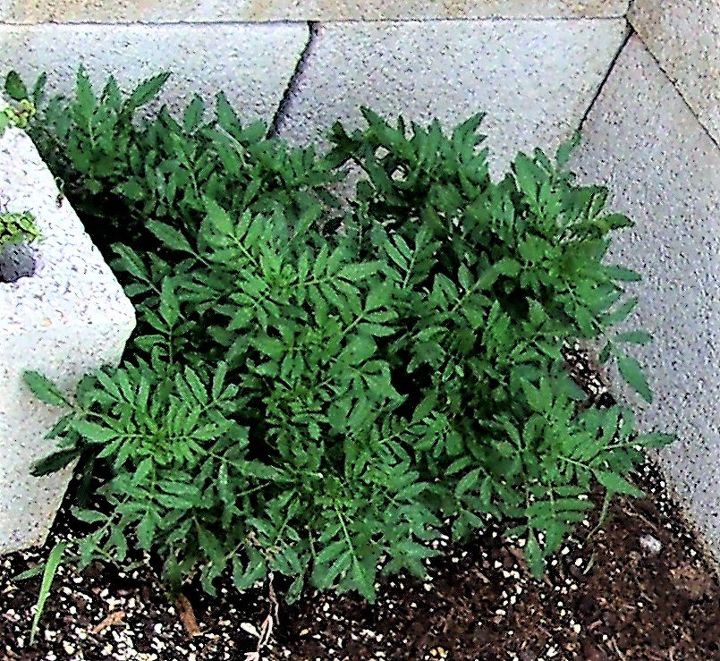
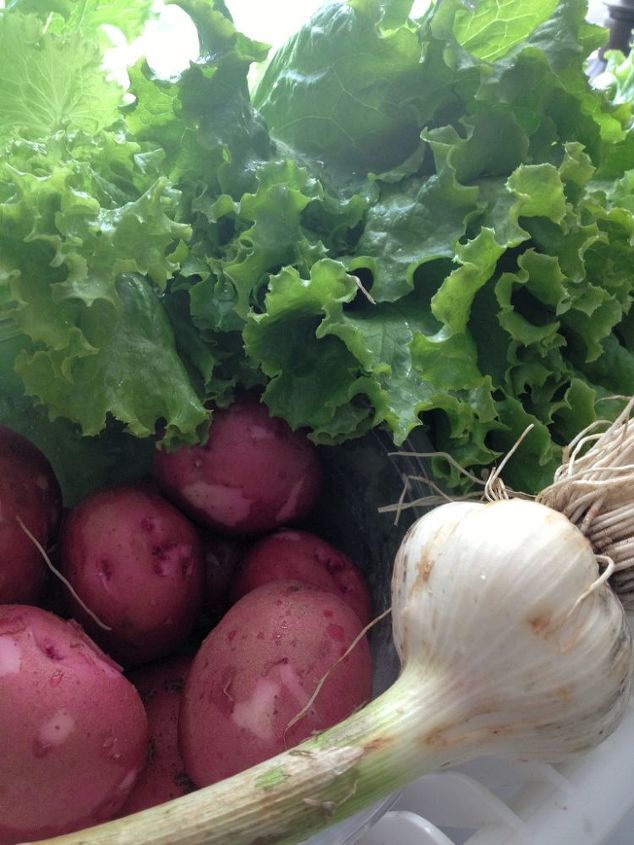
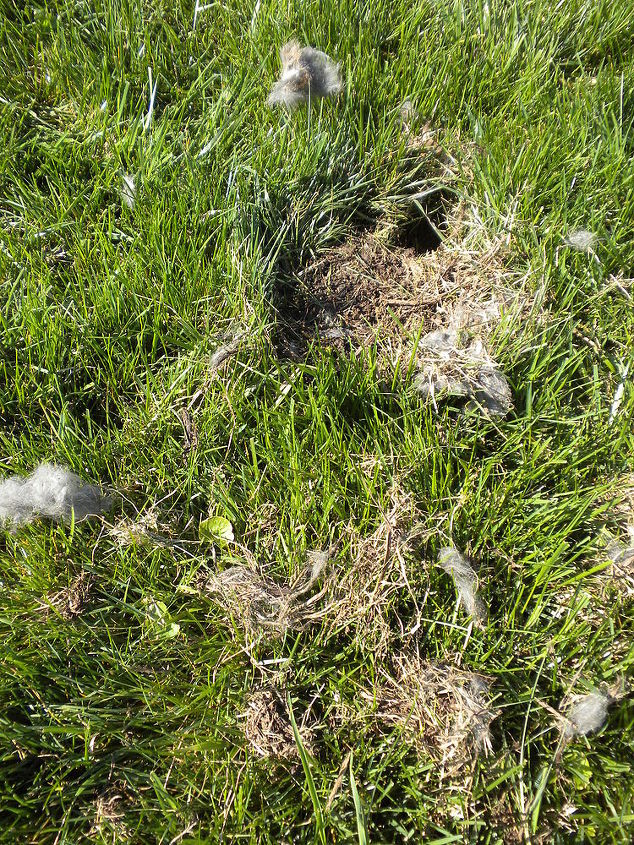
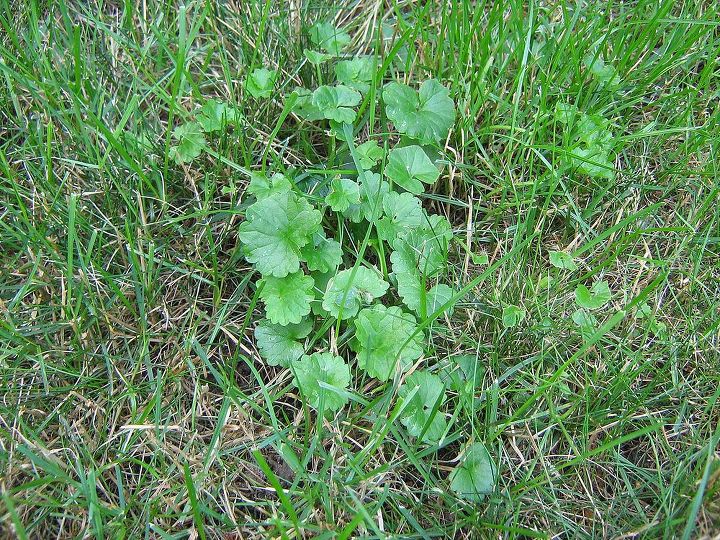
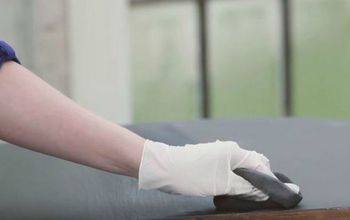
Try spraying them with a mix of one part hand liquid hand soap and 40 parts water and spray the leaves. Do this in the shade and give it 15 minutes to work. Then spray off again with the hose. Repeat if necessary.
"The rose slug is actually not a slug. It is larvae of sawflies, which lay their eggs on the underside of rose leaves. These annoying pests feed on the leaves of Knock Out roses, leaving holes in them. In large infestations, rose slugs can lead to loss of vigor, and wilting and leaf dropping. In extreme circumstances, rose slugs can defoliate entire shrubs. Spraying the infested shrub with ready-to-use insecticidal soap weekly or biweekly helps control rose slugs. Be sure to cover the entire plant with the soap, including the top and underside of the foliage."
https://homeguides.sfgate.com/eating-knock-out-roses-95044.html
https://homeguides.sfgate.com/pesticide-spray-roses-45223.html
"it's important to positively identify the pest involved. Rose slugs range in color from light green to black and look similar to small slugs or caterpillars. Like caterpillars, these larvae have legs and leglike protuberances."
"Treating them with garden chemicals requires catching them in the act of eating your rose leaves, though. Hosing them off your Double Knock Out rose may be all you need to do, but for heavy infestations, consider using insecticidal soap or spinosad."
Caterpillars can be controlled by spraying Bt, a natural insecticide.
Neem oil... Weekly use of a neem oil spray at a normal concentration (0.5% - 2%) will not hurt honey bees at all. You can also rest assured that while neem hurts aphids, whiteflys and the like, it does not harm ladybugs and other predators that eat the aphids, or the tiny wasps that are parasites on many pests. https://www.arbico-organics.com/category/pest-solver-guide-grubs-beetles. Cutter bees will make half-moon shaped notches in the leaves of some rosebushes. With cutter bee damage, I just leave them alone and treat it like a badge of honor. Cutter bees do a lot of good and having them choose some of my roses to make their nesting materials with is a small price to pay. While they can do considerable damage to many leaves, the rose will grow back, just keep it well watered and put some Super Thrive in the water to help them deal with the stress and shock. Some beetles like to punch holes in the foliage of rosebushes to suck out the juices as a means of nourishment. The same is true of some rose slugs (sawfly larvae), but they usually will not stop at a few holes. Instead, these pests end up devouring or skeletonizing the entire plant. Spraying the rosebushes with a good insecticide that has the culprit listed will help to gain control of the situation. The rose leaves with damage to them may be removed if desired, but again, affected rosebushes will usually bring forth new foliage that will perform better. Rose chafers can also cause this type of damage but will usually attack the blooms as well. Caterpillars are another common pest of roses. Their damage usually presents as numerous irregular areas near the center of the leaves, or entire leaves eaten. Most of these can be hand picked off and dropped into a bucket of water. Likewise, the use of Bacillus thuringiensis is another nontoxic approach for them.(this is Mosquito Bits/Dunks)
I recommend to use dish soap w/ out any perfumes and water. Spray over the plant and it works 100% and I recommend the dish soap w/ out perfume so it won’t damage the plants. And this I use it in all my plants
Thank you for this important information, for now on I won’t use it anymore at all.
I use soap and water and I've never had an issue with it damaging the plants. I use it inside and outside. I would try it on the roses as well, but as recommended above, I would use a very gentle, free of perfumes and dyes soap.
Try the Neem oil that should work. It's definitly bugs at work here
I use Neem Oil.
I believe this is the larvae of sawflies causing these holes. You can try a stiff stream of water on the leaves. Once the larvae are dislodged, they will not be able to reattach to the leaves. If that does not work, you can use Neem oil on your roses.
I used soapy water (seventh generation dish soap watered down) on my roses and that killed whatever was eating mine.